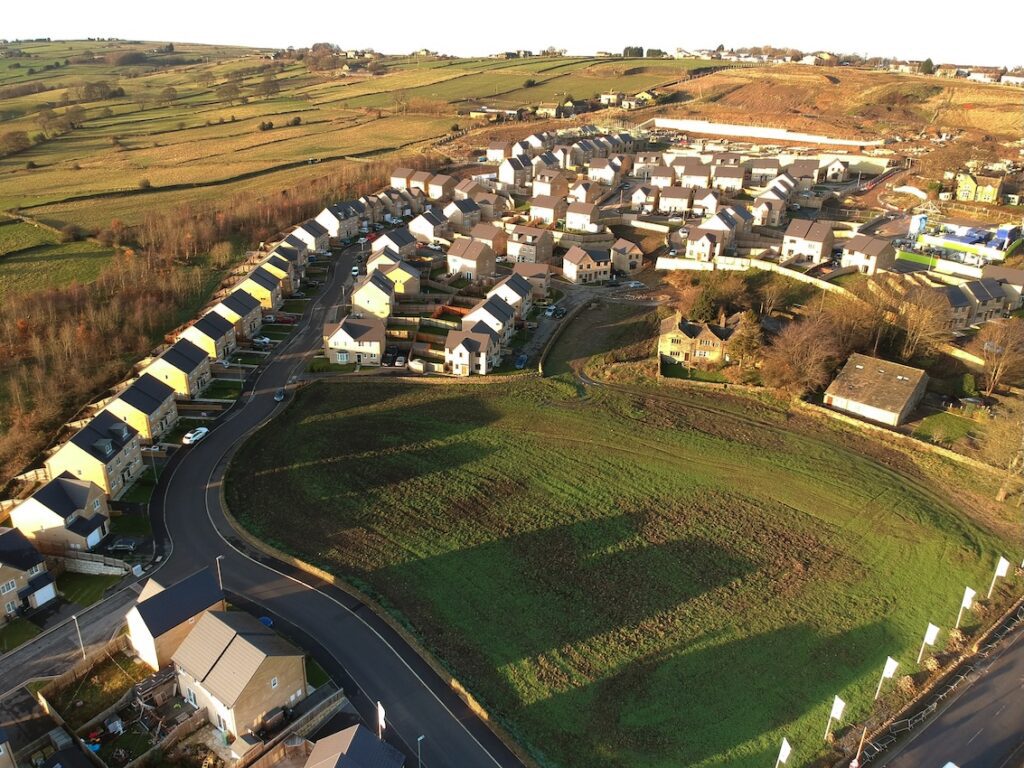Smart locks will play a major part in the move to connected living
Technology touches so many areas of our domestic lives. Homes are becoming automated, and increasingly filled to the brim with intelligent appliances. When we’re away, we monitor them with smart cameras, connected alarm systems and other sensors. We back up treasured photos, music collections and more with personal cloud devices.
Yet until now, almost all of us have chosen to secure our homes — and their super-smart contents — with a technology invented thousands of years ago. Times are changing, however. The old-fashioned mechanical door lock is reaching its sell-by date, and is set to be replaced… by the smart lock.
The smartphone has become a remote control for connected living. With a few swipes on a palm-sized screen, we can order a taxi and buy the latest music; check our bank balance or the sports scores; book a hotel, a train journey or even a private jet. The latest generation of smart locks also make it both easy and secure to open and monitor the front door with your smartphone — whether you’re standing outside your home, or relaxing on a beach a thousand miles away.
Convenient security and access control is the smart home function that interests consumers above all others: with a smart front door, homeowners no longer have to carry keys; there’s no need to get spares cut for a cleaner, the kids or a cat-sitter. With a smart lock, you can let guests in remotely via an app, send them a digital key, or provide them with a temporary PIN code to use at the door. No more worrying if your children lose their key: one swipe of your screen and you can let them in from anywhere. Have relatives arrived early and you’re not home yet? No problem. Just send them a PIN code and they don’t need to wait on your driveway. A cleaner and delivery agent could be given a one-time access code to open your door, if you can’t be there to let them in today.
And with a PIN-operated lock, you’ll never get locked out again. Smart locks can also notify you whenever anyone opens or locks your door. They can be unlocked via remote control or even fingerprint, as well as a connected phone or straightforward PIN.
A recent report* found a large majority of consumers rate a smartphone or PIN at least as secure as a key when it comes to opening their homes. Between a third and half of respondents to the survey saw a smart lock as a significant security upgrade. After all, removing physical keys eliminates the risk of losing one — by accident or through theft. There’s no screen lock on a mechanical key to provide a line of defence, if it goes missing.
It’s becoming much easier to get your door connected. Smart door locks support several established protocols, and can be quickly connected to existing smart home and home automation systems via “plug & play” setup. Major DIY and electronic retailers — including Obi Markt in Germany, Bauhaus in Sweden and Leroy Merlin in France — offer stand-alone smart locks for self-installation. Leading domestic service companies are increasingly moving their expertise into smart door locks: Turkish security provider Pronet offers a smart door lock; German energy provider Innogy (previously known as RWE) now includes the ENTR™ Smart Lock as part of its SmartHome portfolio; and Swedish smart alarm provider Verisure also offers smart door locks. Specialist smart home system installers can connect locks via a Z-Wave module to existing ecosystems such as Samsung SmartThings. The options for homeowners looking to source these innovative security devices keep expanding.
Security and convenience are greatly enhanced thanks to this proven technology. Now there’s a growing range of smart locks that can deliver, and help consumers move smartly into connected living.
* “The Smart-Home Security Report 2016”; available to download for free from www.assaabloy.co.uk/smartreport2016.
What’s trending in the world of smart door locks? A new study identifies consumer demands for 2016 and beyond
Hard data on the market for smart-home security is scarce, but a new report from lock industry leader ASSA ABLOY and IFSECGlobal.com aims to fills the gap. The new co-published report reveals answers to key questions about the growing market for smart locks. What do consumers think a digital door lock should do? How do they want to access their newly “smart” front door? And what do they really think about relying on digital rather than mechanical security for the most important door in their homes?
The full report — titled “The Smart-Home Security Report 2016” — is available free to download from www.assaabloy.co.uk/smartreport2016. It concludes that, increasingly, consumers understand that a smart home starts with a smart front door lock.
“In this survey we polled hundreds of would-be adopters of this rapidly maturing technology from all over Europe, the Middle East and Africa,” explains Adam Bannister, chief editor of IFSECGlobal.com. The result is a detailed assessment of the attributes consumers are coming to expect from a smart lock.
The report covers multiple aspects of this growing market, beginning with a fundamental question: what should a digital door lock do? And how do consumers want to control the new smart lock on their front door? The report details the functionality that potential consumers believe a lock and its paired smartphone app should have, from remote opening to automated push notifications when anyone opens your lock.
“We already lead the way in providing digital access control to commercial companies with security-sensitive premises,” explains Thomas Schulz, Director Marketing & Communications ASSA ABLOY EMEA. “Regular homeowners, too, are being won over by the advantages that wireless digital door locks bring for smart-home security.”
The report compares digital and mechanical security, examining potential adopter concerns and hopes for new smart-home technologies. Also it examines how much customers would be willing to pay for the increased functionality of a digital front door lock. Where do they want to buy such a lock? And what worries potential buyers about the installation and operation of a smart door lock?
Thomas Schulz adds: “Potential adopters are sophisticated; they have strong opinions about what they want from these products. We are delighted to be able to share some of our growing knowledge base with others in the sector. Our Yale Keyfree and Keyless Connected products, as well as the ENTR™ digital lock, distributed worldwide under brands including Yale, Mul-T-Lock, Vachette, TESA, KESO and NEMEF, already make up the largest range of connected security locks for smart homes on the market.”
This report is packed with data, and includes up-to-date qualitative insights reported by survey respondents, editorial staff at IFSECGlobal.com, and experts at ASSA ABLOY — the global leader in door opening solutions.










